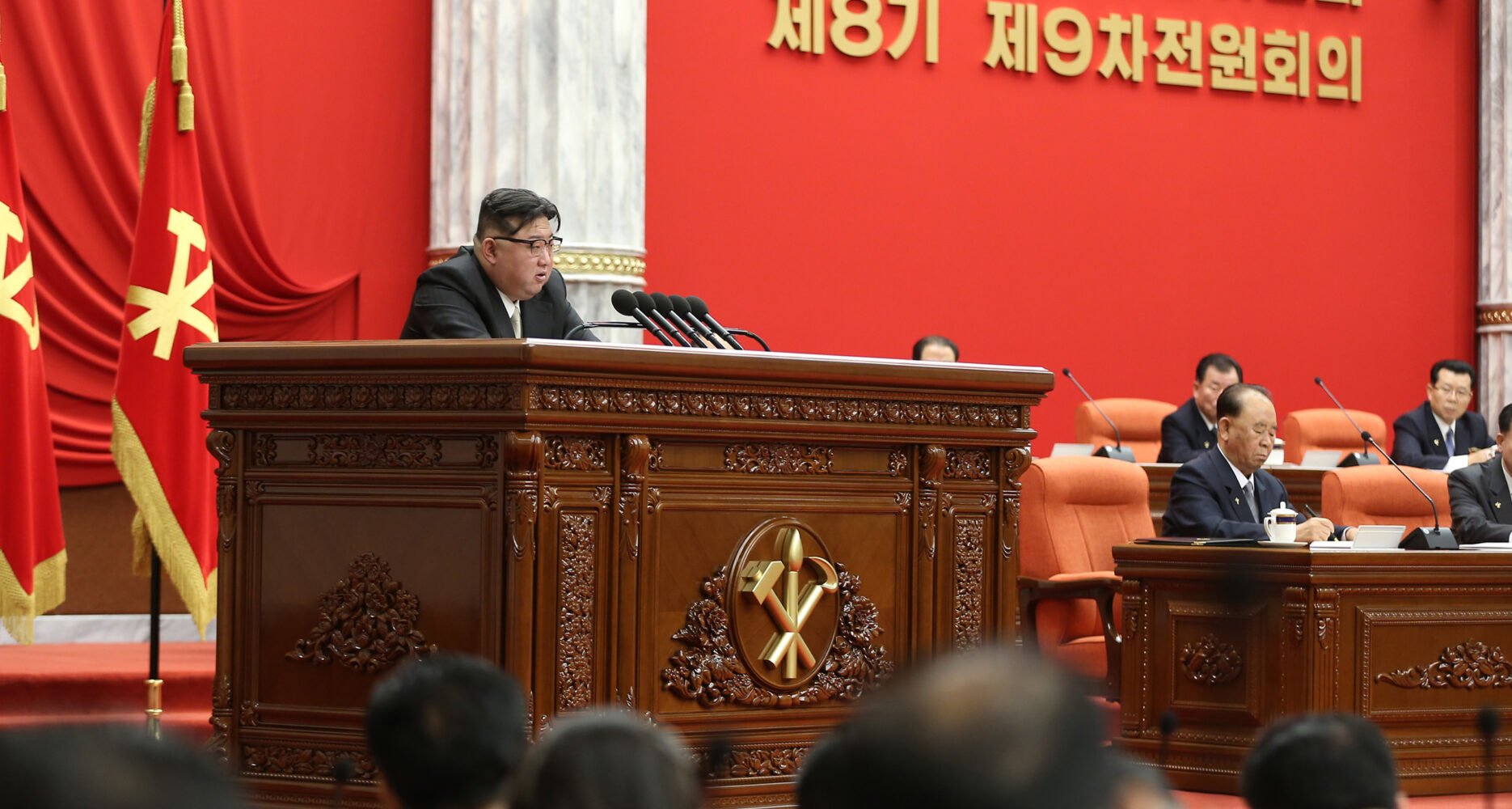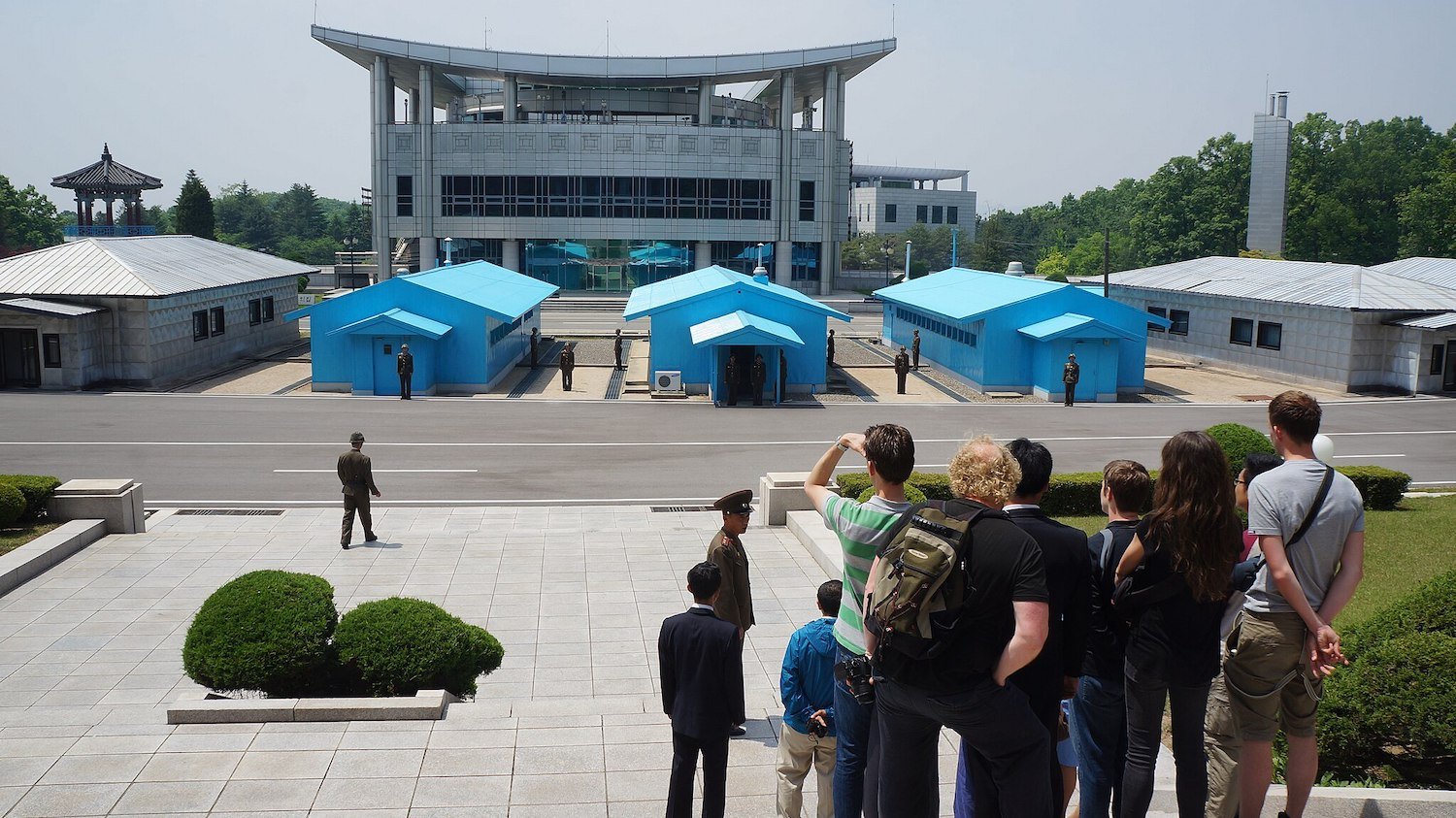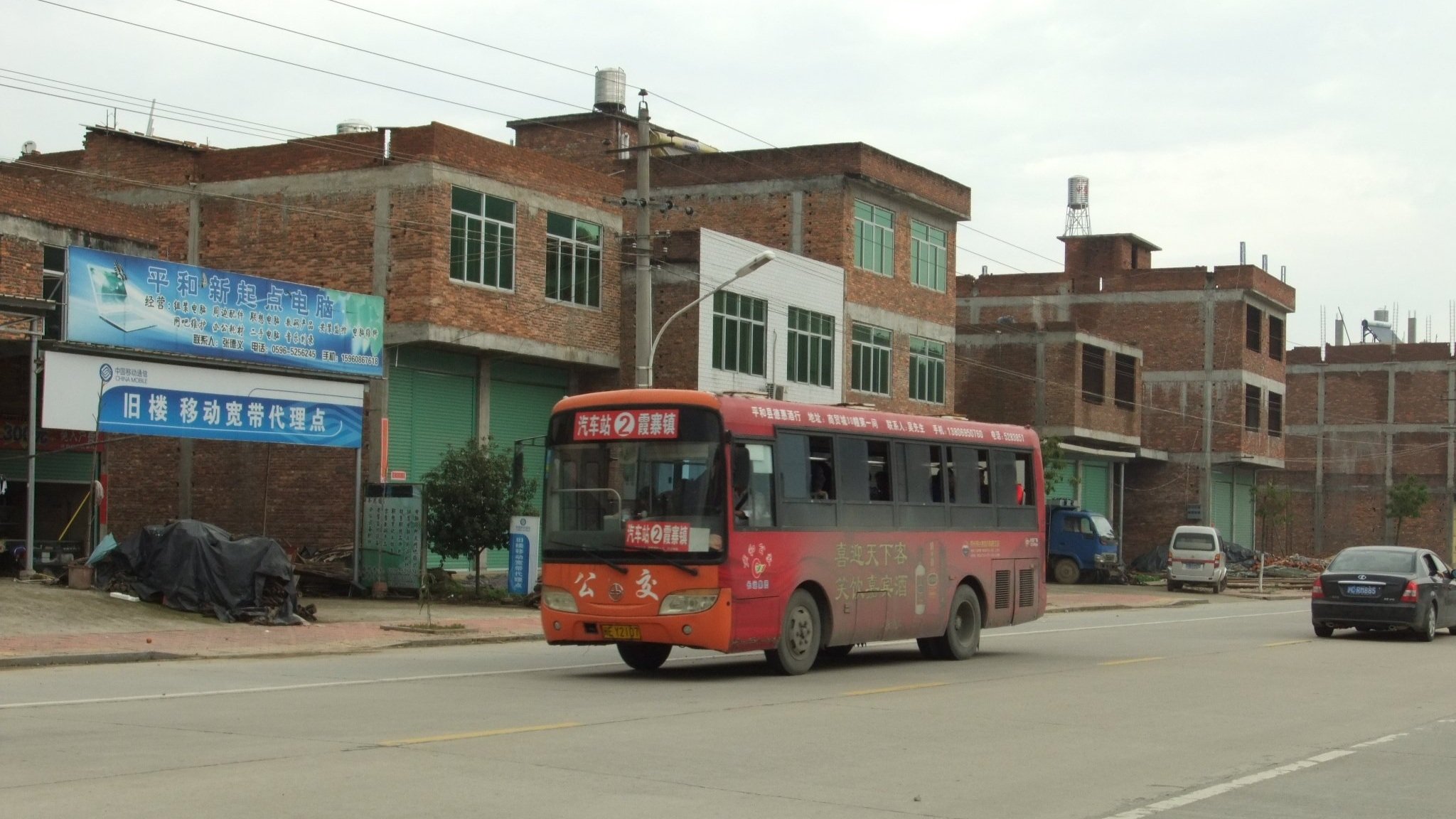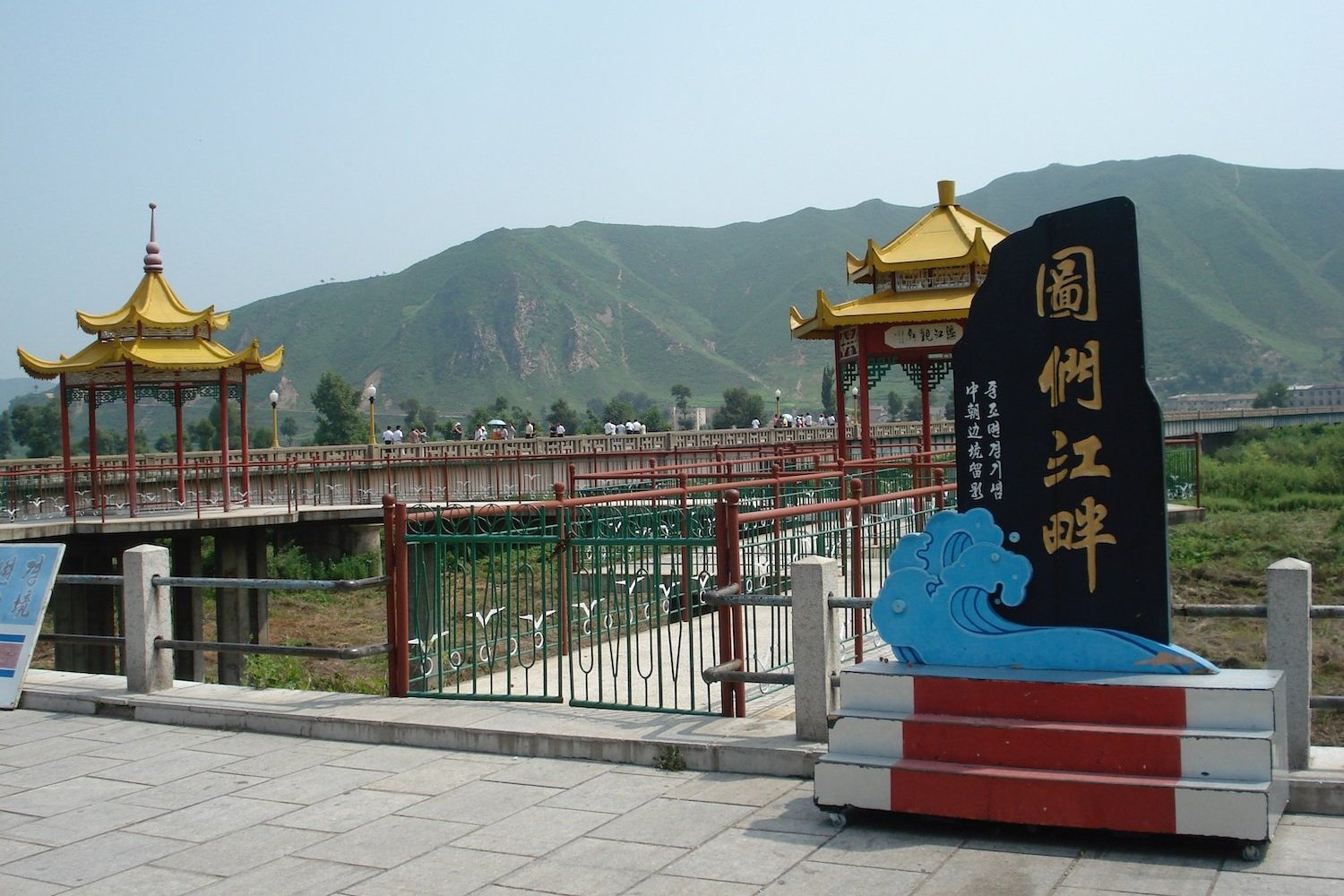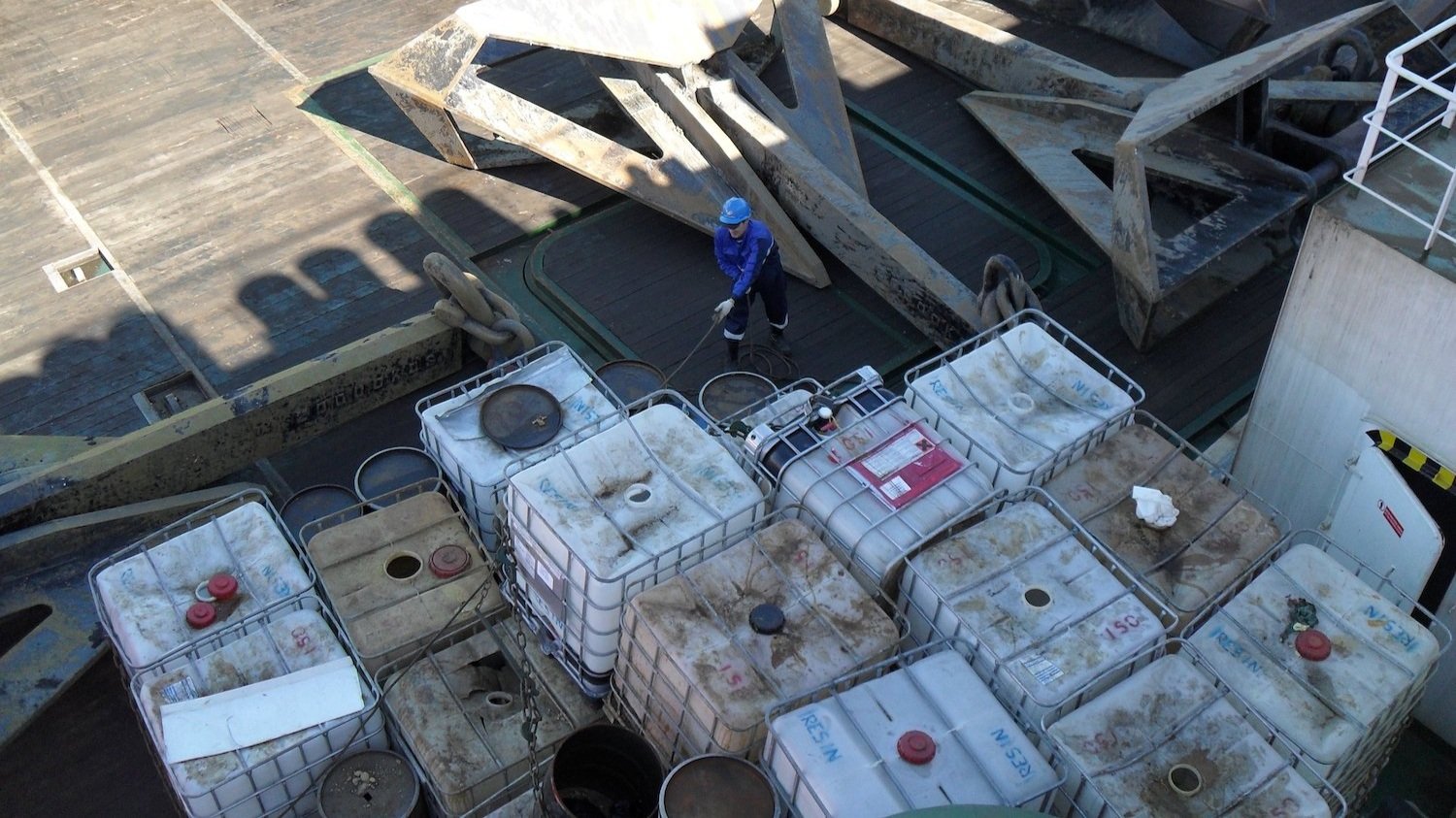Kim Ju Ae attends a banquet in North Korea. (Source: Korean Central News Agency [KCNA])
Around 200 shells were fired into the maritime buffer zone near South Korea’s Baengnyeong and Yeonpyeong islands from Pyongyang. South Korea’s military responded by carrying out a maritime shooting exercise the same day, further escalating tensions between the two Koreas. Yeonpyeong residents, who have sadly grown accustomed to hostilities between the two sides, were ordered to evacuate and “refrain from doing outdoor activities” ahead of the exercise.
Analysts have interestingly pointed out that the North’s provocation came shortly after their leader, Kim Jong-un, and his daughter were seen in matching jackets while touring a transporter erector launcher (integrated vehicles designed to transport, erect and launch missiles) factory, where he called for a “dynamic drive for increased production” of the weapons. Since Kim’s daughter, Kim Ju-ae, made her first public appearance in November 2022, her recent attendance at the country’s major military event has sparked new speculations that she may rise to become her father’s successor.
NORTH KOREA’S LIKELY HEIR
According to South Korea’s spy agency, the National Intelligence Service, the 10-year-old Ju-ae is seen as her father’s likely heir apparent. In addition to being called Kim Jong-un’s “most beloved” or “respected” child, photos and footage showing her accompanying Kim at public activities prove her rising political standing and closeness with her father as analysts speculate that Ju-ae is receiving training to take the reins of the hermit kingdom.
Apart from taking his daughter to events that concern national interests, heartwarming photos showed an affectionate Kim, a dictator of the world’s most reclusive country, kissing Ju-ae on the cheek during a New Year’s Eve celebration at Pyongyang stadium. Kim was also seen touring Kwangchon Chicken Farm, the newly opened “model” chicken farm in DPRK, alongside Ju-ae during his 40th birthday celebrations. Although these moments are no novelty to any regular father-daughter relationships, these scenes are something that had been unimaginable in North Korea as their leader is treated like a God by the nation.
HOW MUCH LONGER WILL KIM JONG-UN CONTINUE TO REIN?
Ju-ae is believed to have an older brother and a younger sibling whose gender has not been made public, thus it would be premature to view Ju-ae as an apparent heir at this stage. Since the founding of the DPRK in 1948, the country has been successively and exclusively ruled by male-only members of the Kim family, which falls in line with North Korea’s Confucianism-influenced, patriarchal society. For instance, Kim Jong-un succeeded his father, Kim Jong-il, upon the latter’s death in late 2011, while Kim Jong-il inherited power upon his father, the state founder Kim Il-sung’s, death in 1994. Therefore, it has been suggested that the young girl’s repeated appearances were more likely a façade carefully designed by the regime to shore up public support for the ruling family and Kim’s plan to hand over his power to one of his children in the future.
Nevertheless, analyst Cheong Seong-chang of the Sejong Institute in South Korea opined that Kim’s health conditions, including hypertension, diabetes, elevated cholesterol and other heavy smoking-related illnesses, appear so serious that “it won’t be surprising even if he collapses tomorrow.” Kim was also rumored to be suffering from insomnia and alcohol and nicotine dependency. In light of speculations that Kim would likely be receiving cortisone injections in his neck to relieve pressure for an unknown nerve or muscular condition, as well as treatments for a long list of other unreported health problems, Cheong commented that Kim likely believes his daughter has the capacity to succeed him as North Korea’s next leader, and added that, “By accompanying her father on major events, she’s like learning kingship and building a human network at a tender age.”








